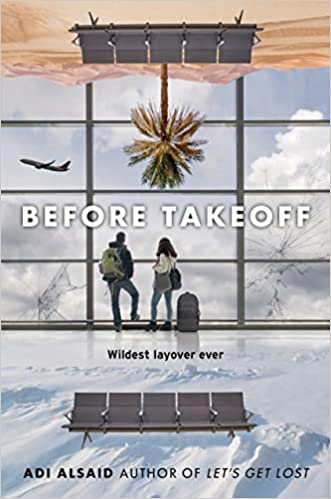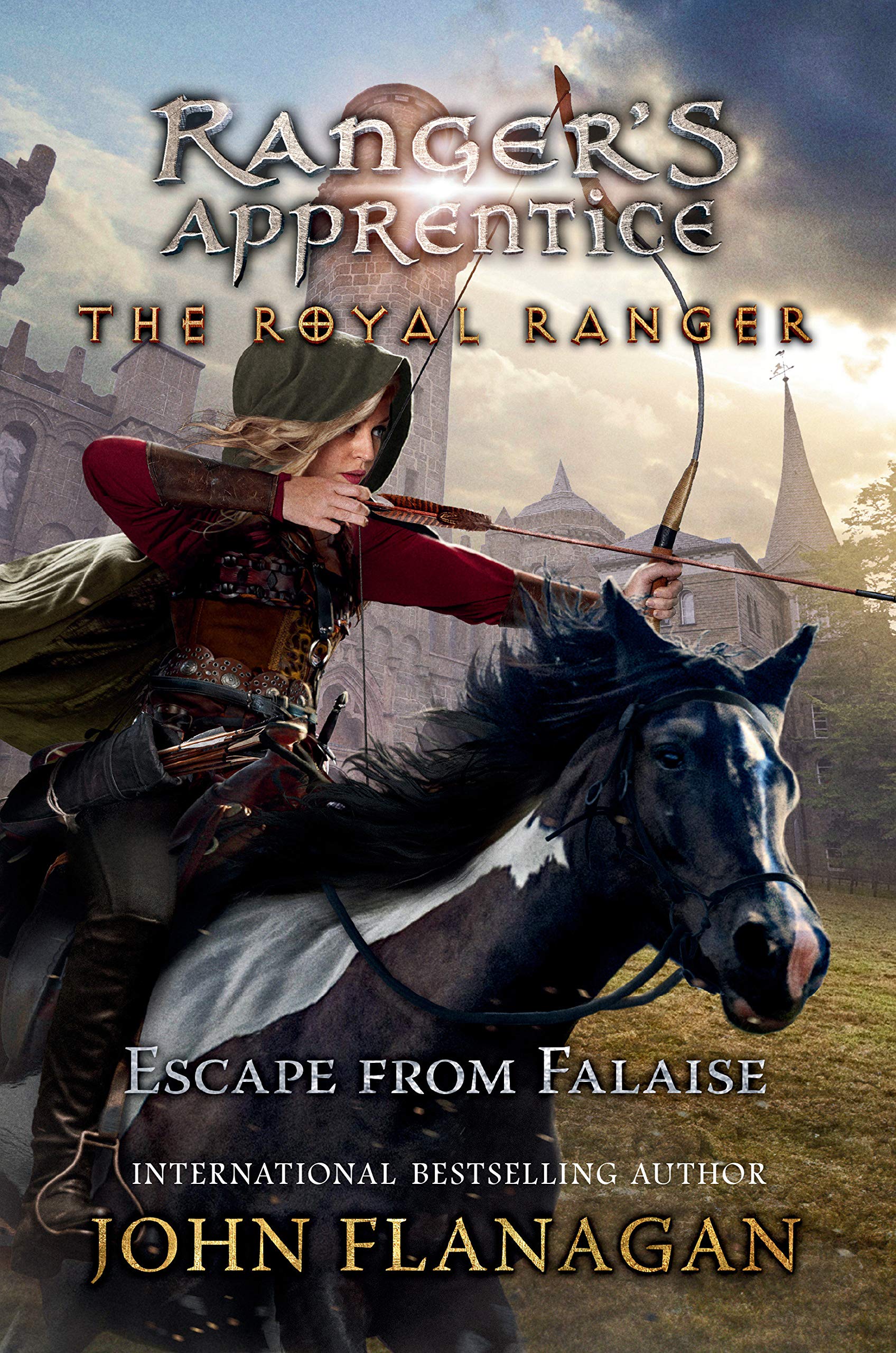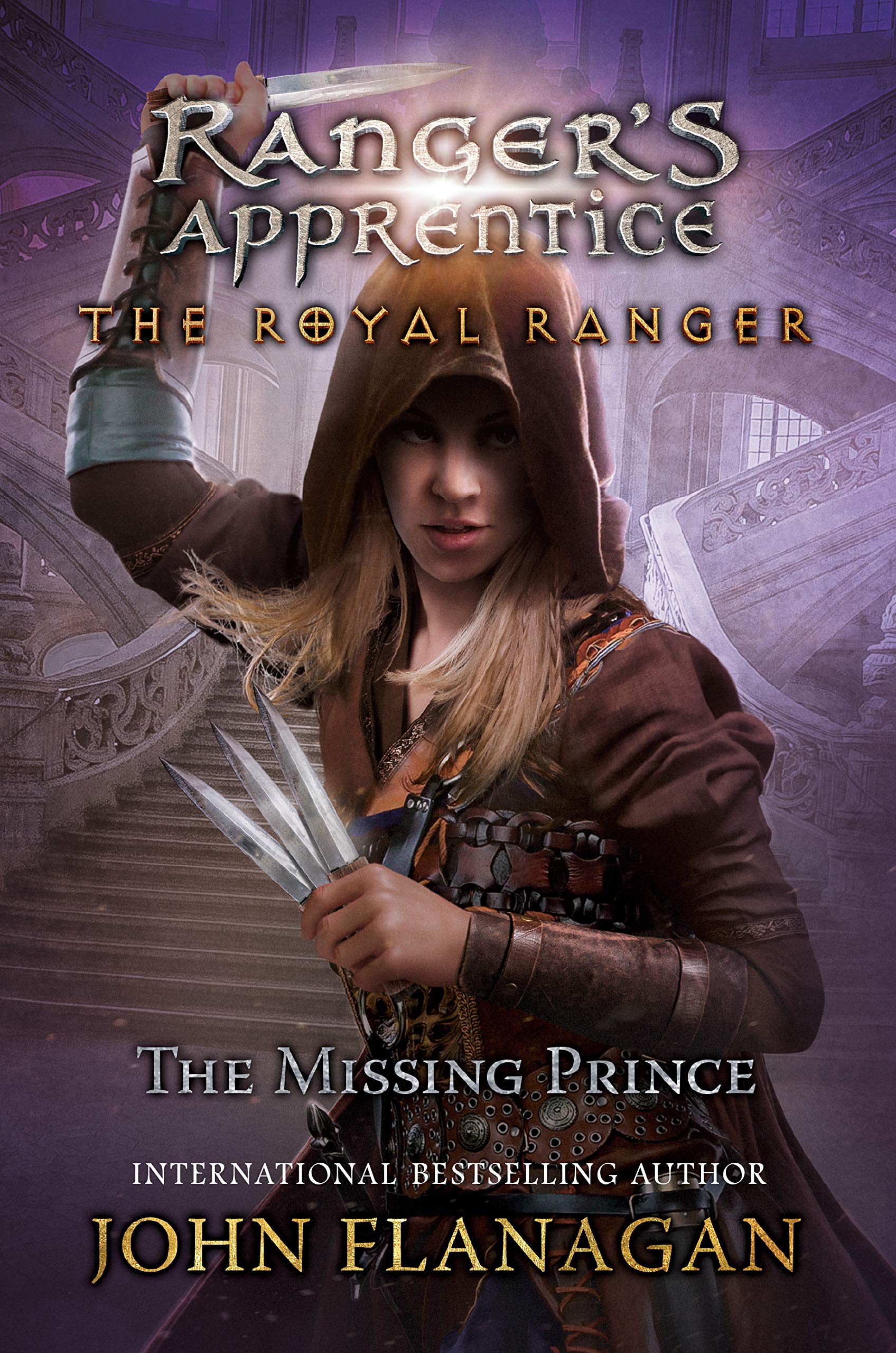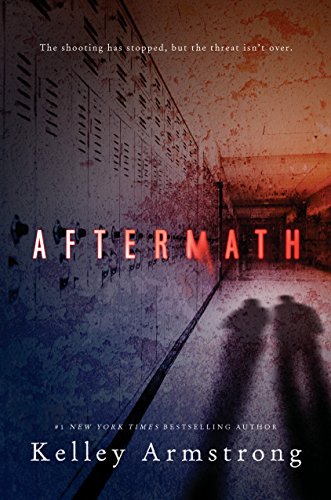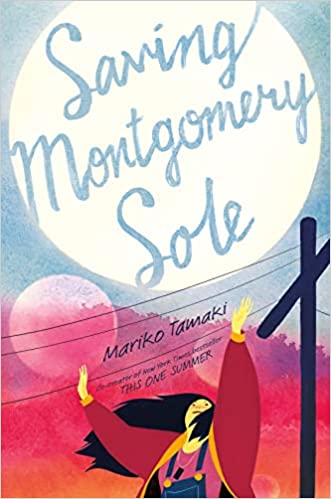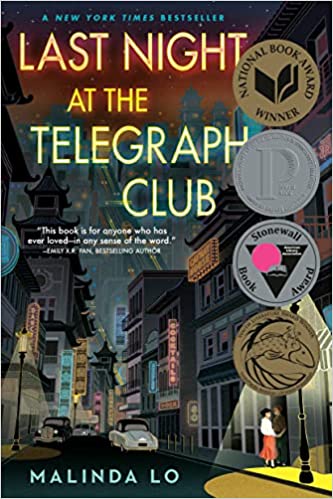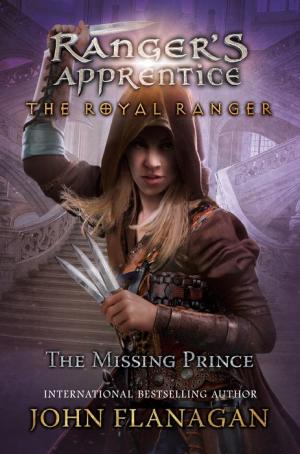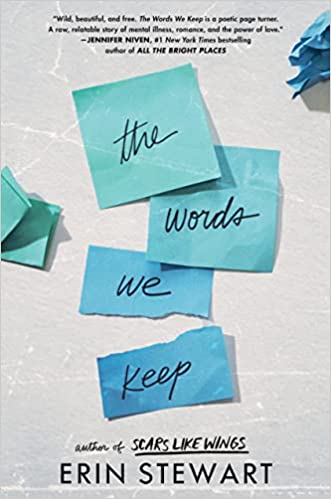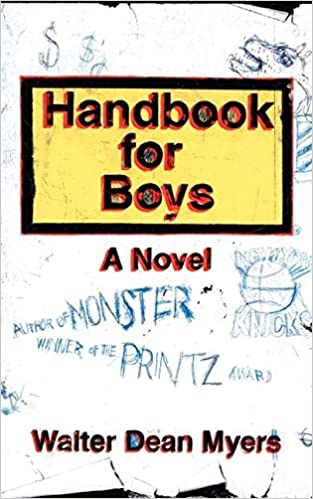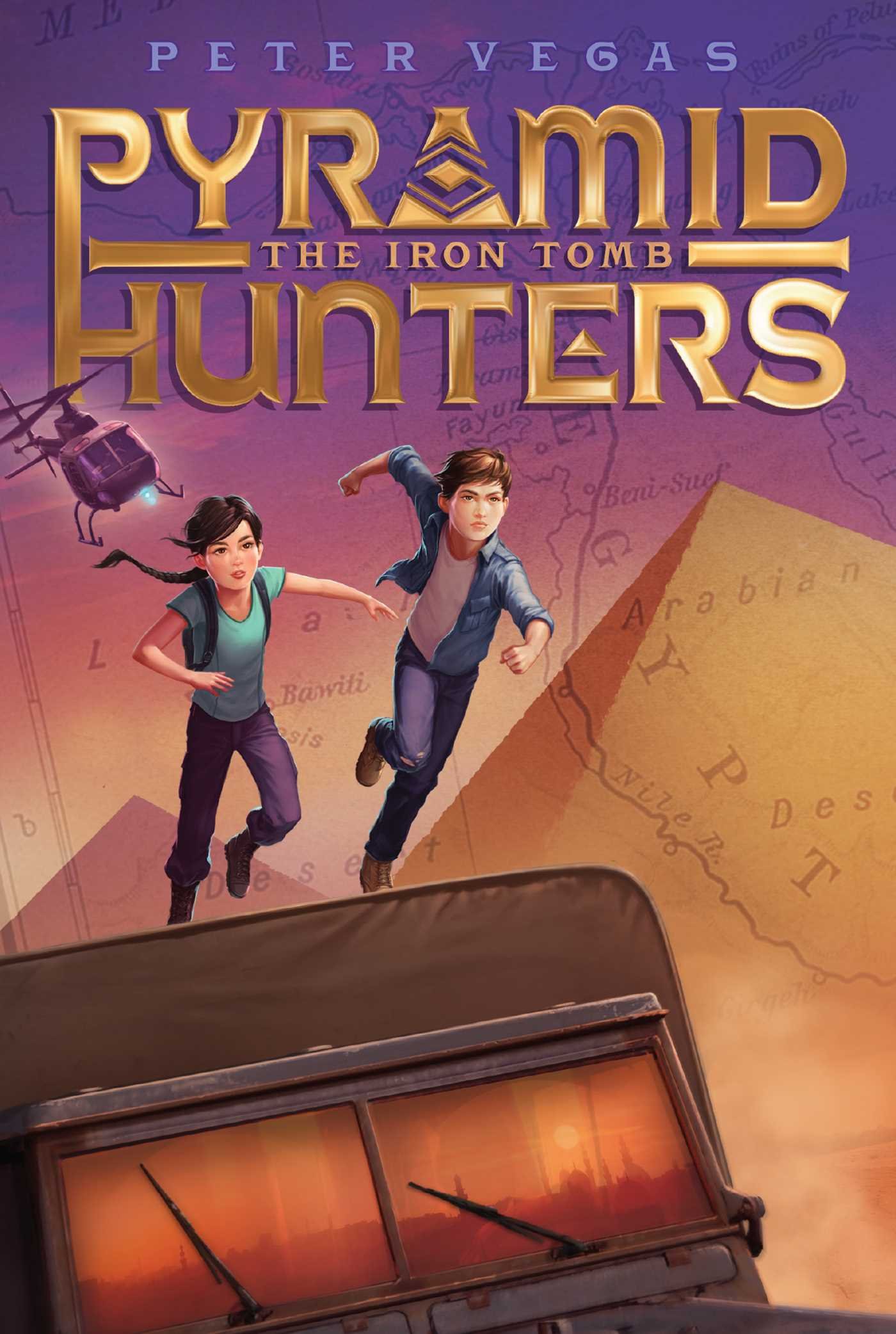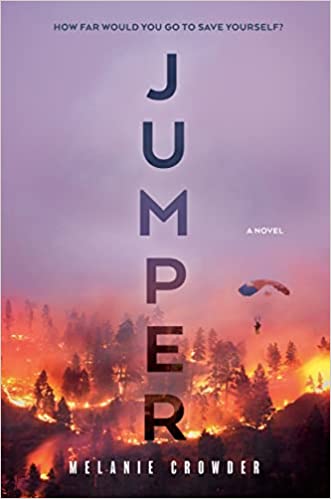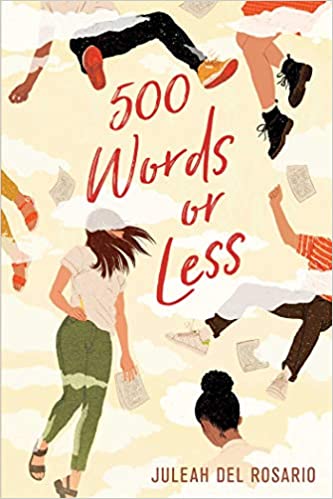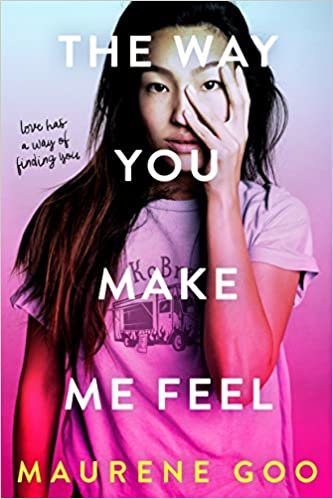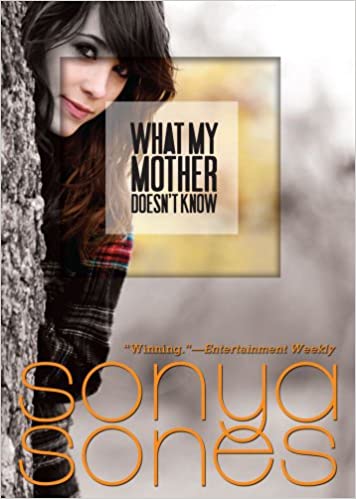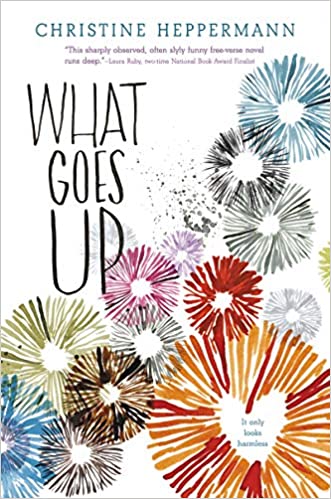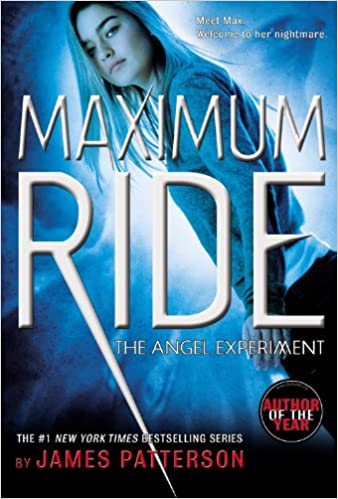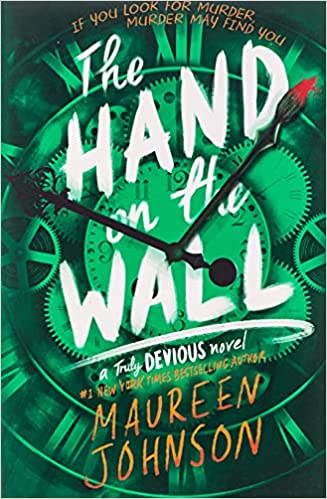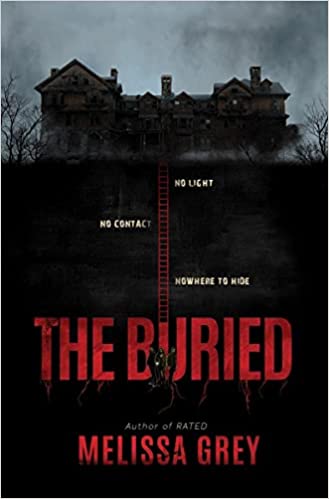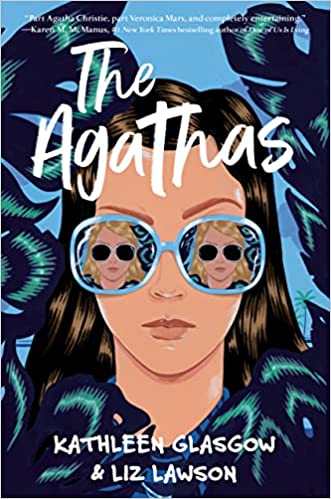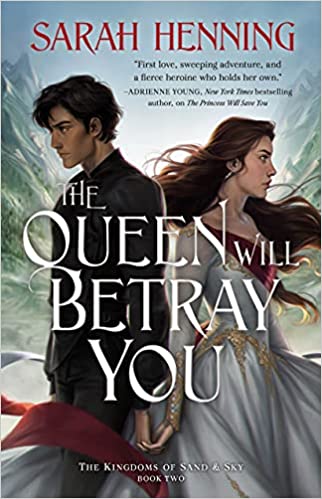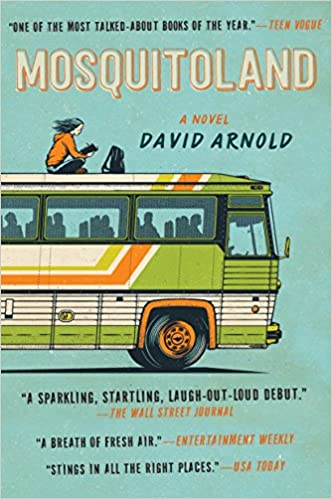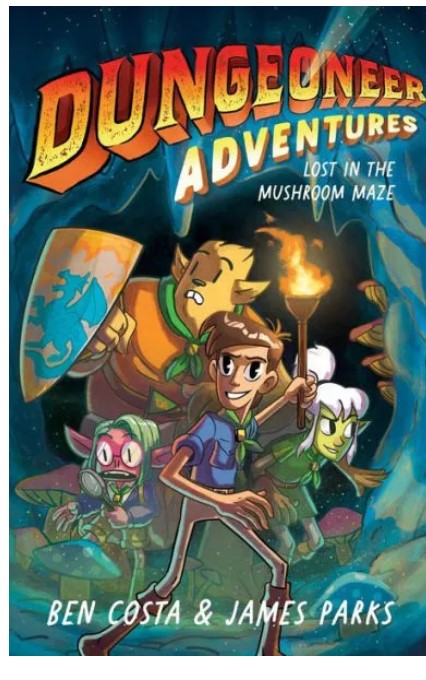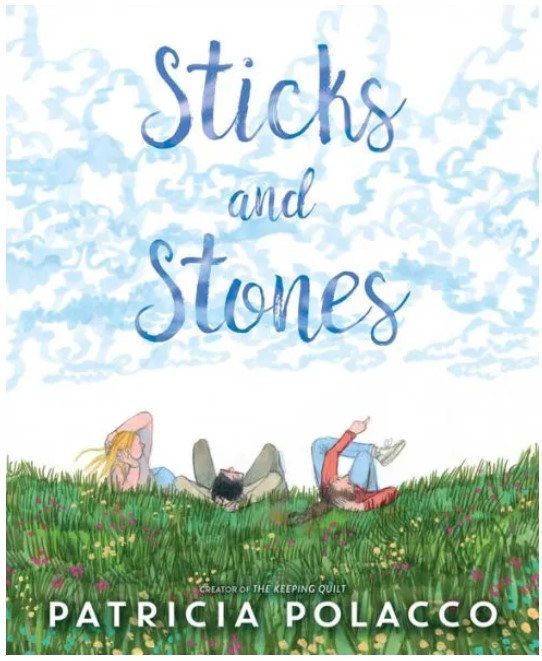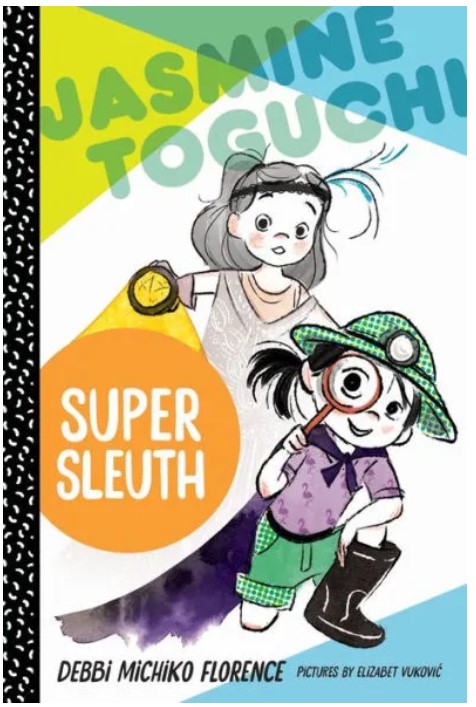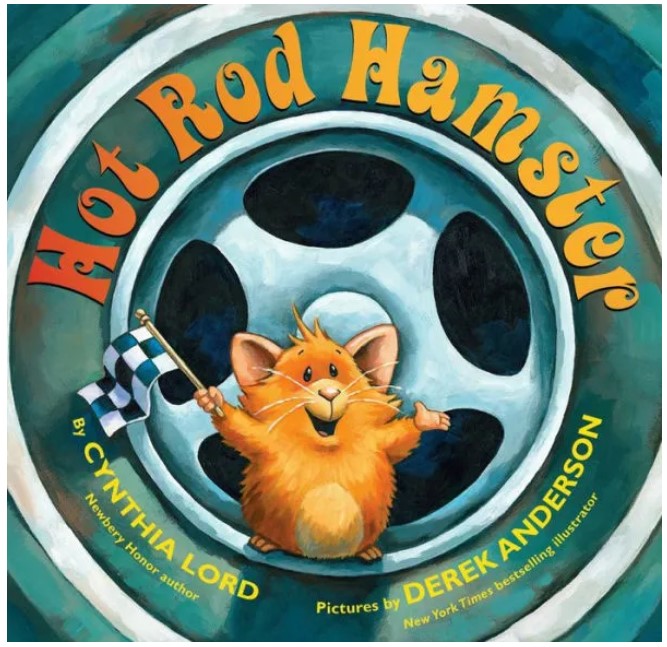This is an evening like any other in the Atlanta airport. Sixteen-year-old James and eighteen-year-old Michelle are both on a layover when their paths cross. They are drawn to something nobody else seems to notice: “a blinking green light that will soon cause all hell to break loose.” While James is hesitant to do anything, an impulsive Michelle reaches her hand toward it. When she realizes that “it’s not just a light, but a button,” she presses down.
Impossible events begin almost immediately. One end of the airport jumps to ninety degrees while snow falls at the other. Explosions, tornados, and rushing rivers spring out of nowhere. To make matters worse, nobody can locate an exit, glass windows refuse to break, cell phone calls aren’t going through, and anytime someone tries to text “something about the events at the airport, [their] words turn into a string of emojis” that are indecipherable.
As James and Michelle search for their families inside the airport, the mayhem keeps getting worse, and people are quick to form groups and turn on one another. Michelle realizes that she caused this—that the green button must be responsible for this madness—and that she needs to destroy it before it’s too late.
Before Takeoff is told in omniscient third person, taking the reader inside the minds of James, Michelle, and countless people throughout the airport. Occasionally, the story will make references to things that will happen after the narrative is over. These tactics allow for a better understanding of the grand scope of this situation, as readers are privy to knowledge and events that the main characters are not. The narrative occasionally makes remarks that are informal and playful, at one point describing a series of fights that break out as a “Hunger Games-esque/Battle Royale fiasco.” This is a way of demonstrating an awareness of the absurdity of the plot and inviting the reader to just go along with it.
Unfortunately, Before Takeoff ‘s perspective makes it difficult for the reader to get an intimate understanding of James and Michelle. There are so many glimpses into the heads of so many people that it becomes easy to feel detached from the two main characters. Readers may find it difficult to care about them. In addition, as their ordeal stretches on, the plot drags because readers are not given much incentive to be invested in the characters or the outcome.
From the start, readers know that James and Michelle will reunite with their families and successfully put an end to what is going on. Their romantic connection is also predictable. The narrative tries to make a point about human nature. Particularly, it focuses on how quick people are to grow hostile towards each other in chaotic situations, how they “succumb to their biases . . . blame the people they know the least about.” However, it fails to set itself apart in any way from countless other stories that have made comments about the same phenomena. Unfortunately, Before Takeoff’s enticing premise falls flat. Since the characters are hard to care for and the storyline is so predictable, the book is not worth reading unless the reader is an avid fan of fantastical survival stories. While the writing is often witty, getting through the whole story ultimately feels like a chore.
Sexual Content
- Michelle remembers an old boyfriend and how they snuck around “finding places to make out, finding new places to press their bodies together.”
- During a conversation with James about love, Michelle muses, “‘I’d be content with something simpler than love… A perfect sexual relationship, sure.’”
- James has not cried in a long time, but “he came close a few times during those weeks when [a classmate] refused to talk to him after they’d hooked up.” Later, the book implies that they did not have sex, as James lists it as something he would like to do before he dies.
- Michelle and James enter an airport shop to get dry clothes to change into. Michelle tells James not to look, and “reaches back to unclip her bra right as James forces himself to stare at a wall.”
- Michelle tells James,‘“the boy’s I’ve been with . . . forget gradients of sexuality; we’re talking intimacy here, lie-in-the-dark-and-talk-about-deep-shit intimacy—they’ve all asked some sort of question related to numbers. . . How many other times did you do this.” James reiterates that “sex or making out or whatever” shouldn’t be quantified by how many people you’ve done those things with.
- James and Michelle kiss passionately in a closet. There is a skip in time and the two are described as still being in the closet and “still clothed and mostly chaste . . . closely attuned to the joys of the physical.”
- An airline employee named Rosa remembers going to a frat party where guys were “walking around shirtless, thinking that the display alone would get them laid.”
- James and Michelle dance at one point, and “it doesn’t take long for sex to enter [their] minds.” Their bodies are pressed together and James wonders if Michelle “can feel him start to harden.”
- While dancing, Michelle “can feel [James’] erection any time their hips meet. Her hand dips below the waistband of his jeans.” A new commotion interrupts them before they can go further.
- A woman reminisces over a lost love, and how “every now and then, during, sex, she’ll still picture [his] face instead of her husband’s.”
Violence
- Two men have a confrontation, and a man named Taha attempts to diffuse the situation. When one man attempts to hit the other, Taha instead “catches the blow directly on the nose, and that sound carries towards James, as does the sound of the back of Taha’s head when it lands against the floor. . . There’s a splatter of blood on the tile.” This leaves Taha unconscious. This whole altercation takes place over two pages.
- There are two explosions of ambiguous cause. The first one “ripples the air and shakes the walls, sending several people to the ground.” The second is described as “knocking a few more things to the ground, handing out another dozen concussions or so.”
- James and his family lived in Humboldt Park “when the shootings were bad.”
- The narrative states that in Concourse A, “A Hunger Games-esque/Battle Royale fiasco has broken out, and since we have weak constitutions . . . we shall pass over the events that take place there for the remainder of this narration.”
- A man named Joseph accuses Taha of knowing something about what’s going on at the airport. Joseph intimidates him and jabs a finger at his chest. Before it makes contact, “Taha has grabbed it with one hand and Joseph’s wrist with his other hand, then twisted so that Joseph’s arm is behind his back and his finger is some slight pressure away from breaking.” Taha lets Joseph go after insisting he has no right to accuse him of anything.
- An airline employee unsuccessfully attempts to break through a window to escape, swinging a chair at it and punching it in frustration. The narrative notes a stream of blood leaking “from between his clenched knuckles, his skin cracked from the efforts to break free.”
- A vaguely described curse passes through the airport causing many people to “merely stop breathing, quietly passing from this life without a bang or a whimper.”
- During a commotion, “fistfights [start] to merge, an almost cartoon-like cloud of punches and kicks and curses.”
- It is stated at one point that “a handful of other people die in the unspoken battles of the A gates” due to the violence that has broken out there.
- People are trampled in stampedes. At one point, people who are unable to get out of the way are “[bracing] themselves for uncaring boots. They curl up in balls and protect their heads.”
Drugs and Alcohol
- James recalls that he often gets stuck looking at mirrors “in the midst of anxiety-ridden afternoons and drug-addled nights.”
- “Two white twentysomethings named Brad and Chad, buzzing off their earlier choice to pair shots of Jameson with twenty ounce beers” run around the airport during the chaos.
- “The smell of filth and alcohol” is described as coming from stranded passengers.
- At one point, a couple of people are noted to be smoking cigars.
- James and Michelle get drunk on unspecified alcoholic beverages during a salsa party that breaks out.
Language
- Profanity is used rather frequently, both in the narration and dialogue. Profanity includes ass, asshole, fuck, shit, bullshit, damn, and goddamn.
- Michelle often uses the French swear word “putain,” which translates to whore, bitch, and slut.
Supernatural
- None
Spiritual
- James recalls being pulled over for not using a blinker and how the cop made him and his friend get out of the car and “only because he found nothing else, and they deferred to him like he was God, did they get back in.”
- A woman was “begging the God she stopped believing in when she was fourteen that she’ll see her kids again.”
- James thinks about God and going to church with his friend Marcus. James at one point “believed in God even though he never saw evidence of Him, other than what the preacher at church would say.”
- A congregation of people gather on their knees, “whispering their prayers in a dozen languages.”
